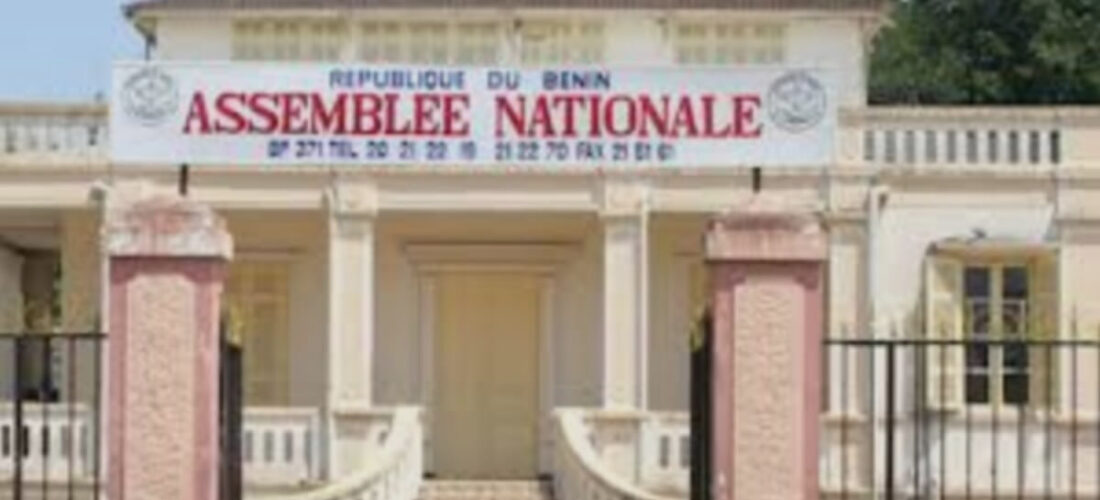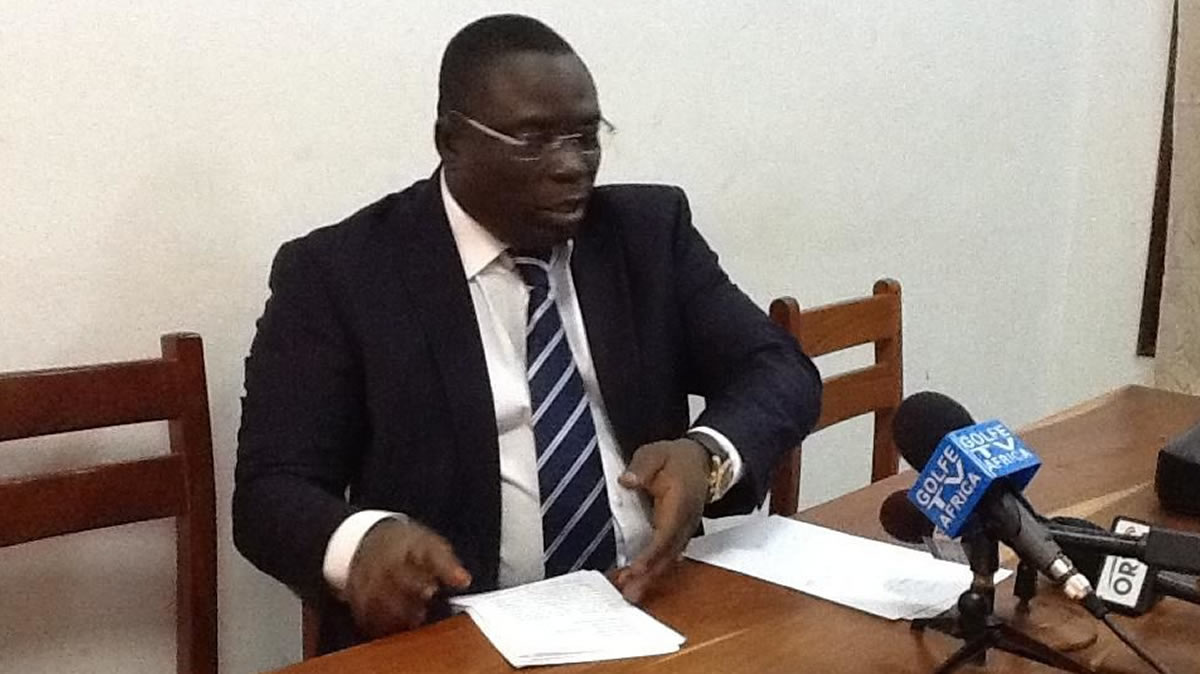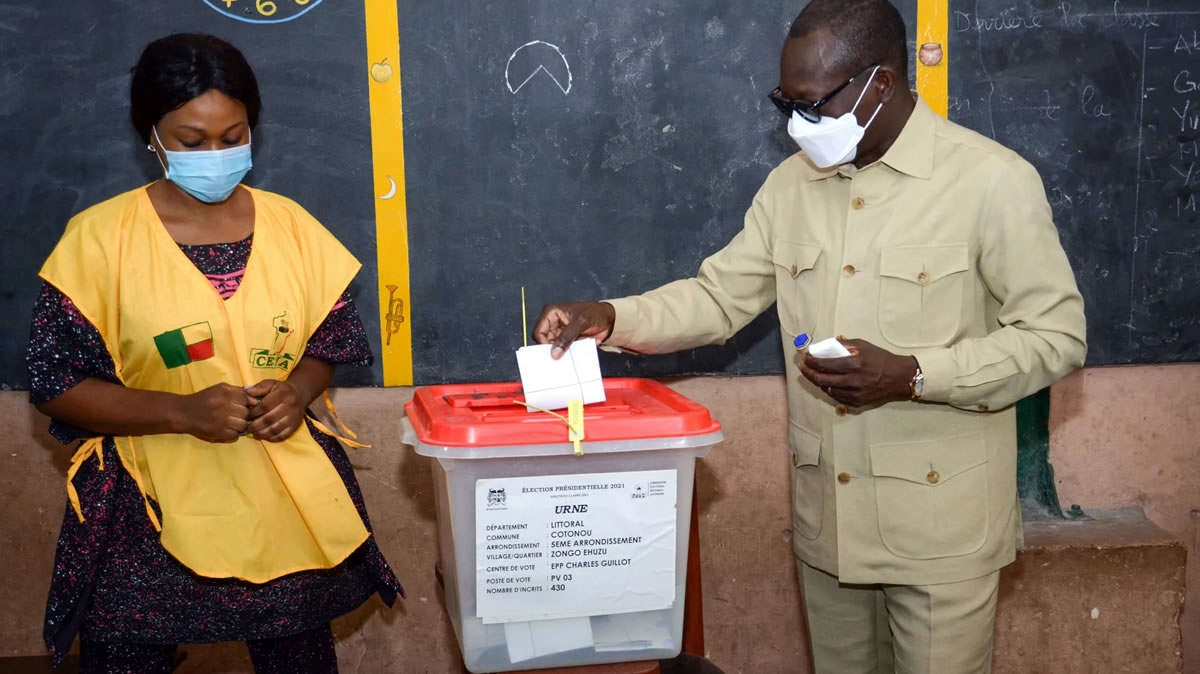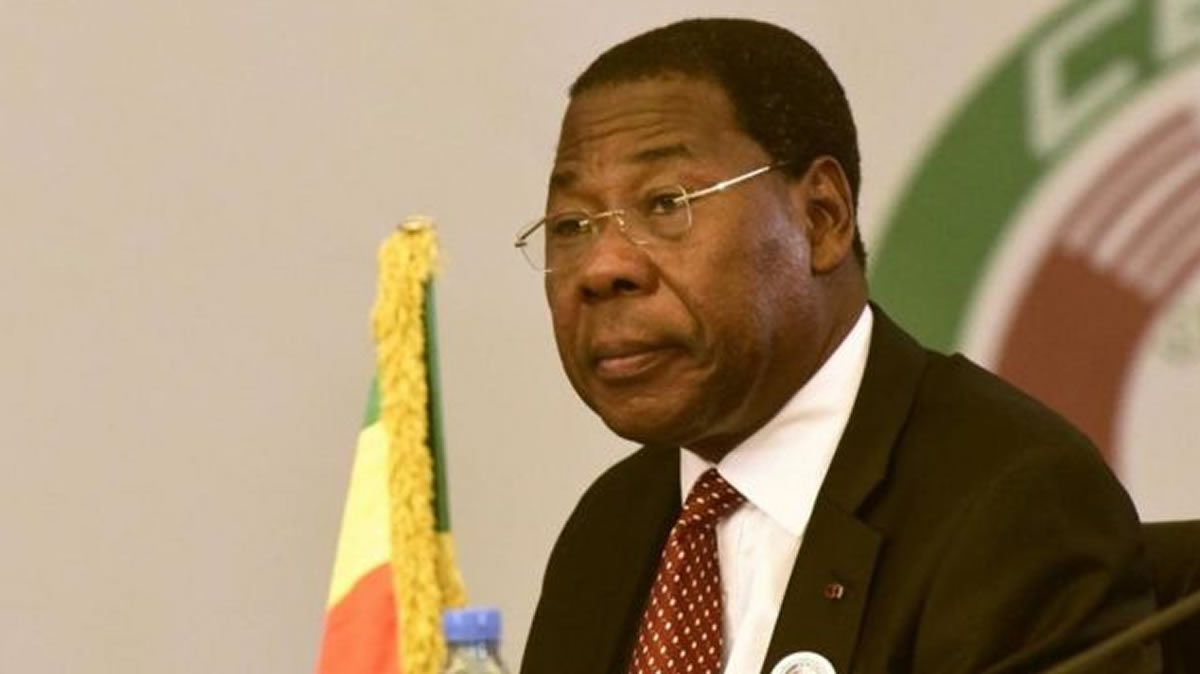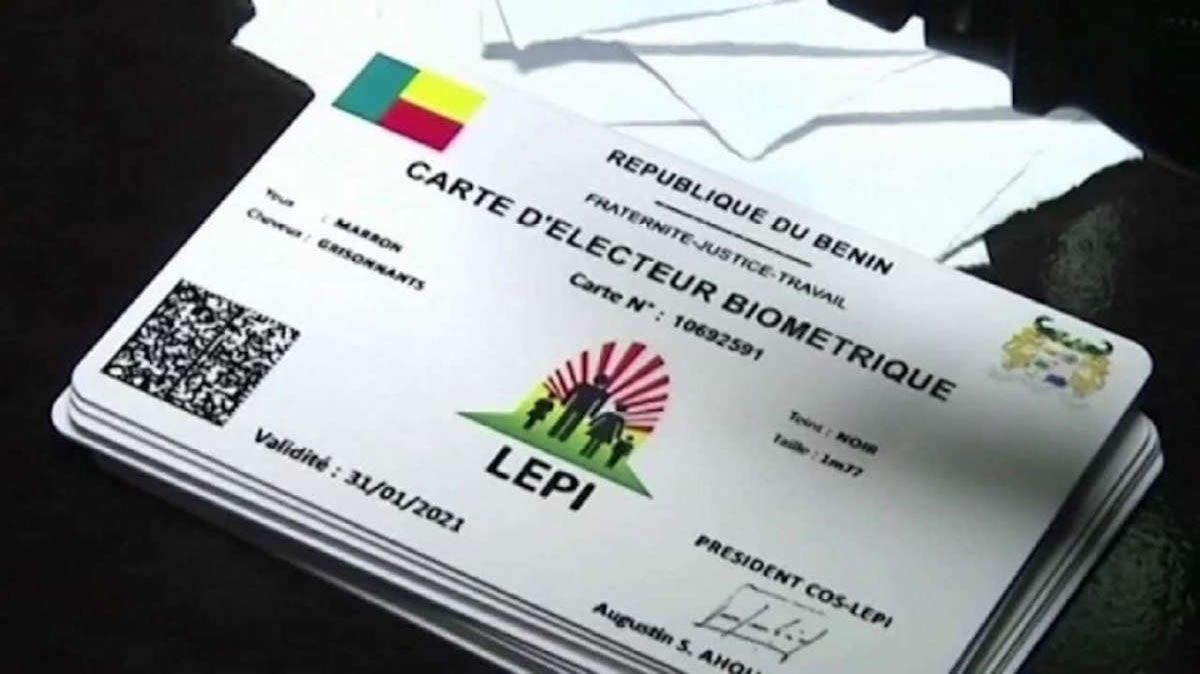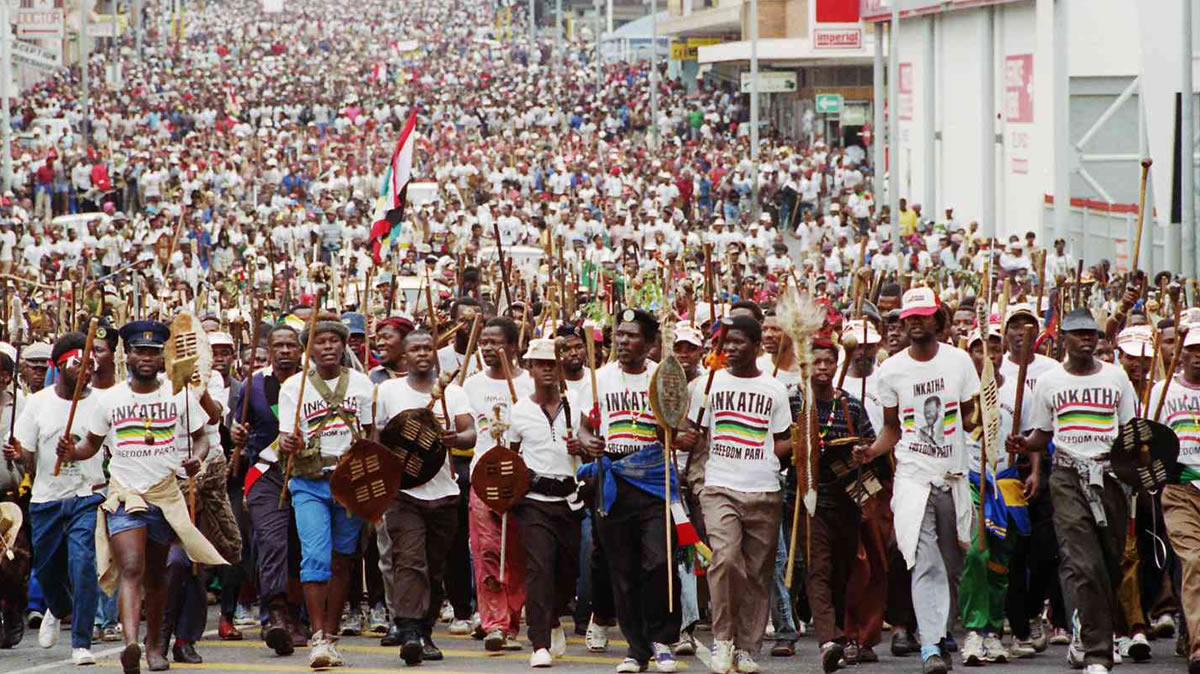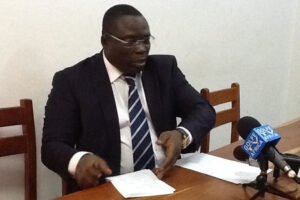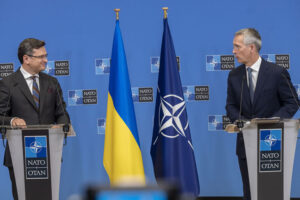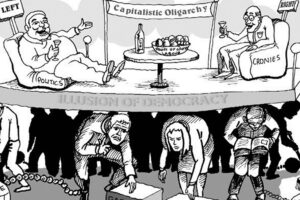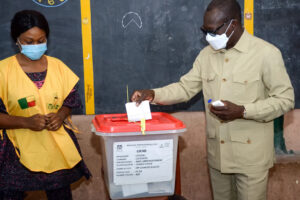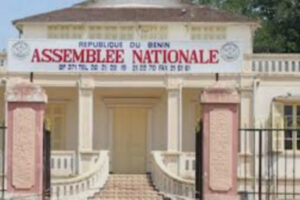Benin on the verge of a parliamentary crisis
The tension between both camps, the opposition coalition of G4, G13 and Force Clé and the ruling FCBE, caused by the precocious campaign for March 2011 presidential elections, has been worsening and degenerating into a blockade of the National Assembly.
The opposition and the presidential camp are struggling to dominate the National Assembly and mainly to influence the vote for the implementation of Voters Registry Computerization Project (in French Liste Electorale Permanant Informatisée : LEPI).since the Parliament is due to put in place the legal framework for this project to become effective.
To achieve this aim, all means have been used by each camp to persuade the MPs members of the opponent camp to defect. Therefore while the ruling FCBE seems to be wooing some opposition MPs such as Epiphane Quenum and Justine Chodaton who are both members of Renaissance du Bénin, the G4,G13 and Force Clé coalition has managed to provoke the defection of a MP, Daré Sabi Tokou from the presidential camp.
This last defection has assured a narrow majority to the opposition, which intends to use it to dictate the outcome of the vote of the draft law over LEPI.
However, after this change of majority in the Parliament, the different sessions convened have been postponed because of either the unavailability of the parliamentary secretaries or the opposition boycott. The session convened on Tuesday, April 07, 2009 could not start because of the absence of the second parliamentary secretary, Amissétou Affo Djobo. On Tuesday, April 14, 2009, the opposition MPs boycotted the opening of the first ordinary session, which was due to start
In the media, the analysts suggest since the beginning of the democratic era, the Parliament has never complied with its obligations and duties poorly as the current legislature, which is the fifth one, has been doing.
In an article issued on Thursday, April 16, 2009, in the daily newspaper, Le Matinal, Jean-Christophe Houngbo, commenting on the situation in National Assembly, argued, « In situations of this kind, it is the parliamentary diplomacy which must be activated to soften the opposition’s stand. A similar situation occurred under …Mr. Adrien Houngbedji when he headed the National Assembly in the first legislature. His report was rejected after its controversial opening of a regular session. The remarks in the report were hostile to the regime of President Nicéphore Dieudonné Soglo who had a strong majority in Parliament. However, the time to leave Maison Internationale de la Culture and come to Palais des Gouverneurs in Porto-Novo was enough to settle disputes. All provisions were really taken and the voltage dropped within a few hours. The same incident took place with Bruno Amoussou under the second legislature. Everything comes back in order thanks to a very aggressive diplomacy. Today’s legislature is a particular one. This diplomacy jealously maintained so far, has almost disappeared; confraternity has left the forum in the National Assembly; the MPs exchange insults and punches as kids. One would think that there is really no way to calm down the climate as in the past. In addition, the Speaker Mathurin Nago himself does not want to learn from the records left by his predecessors to get by. »



